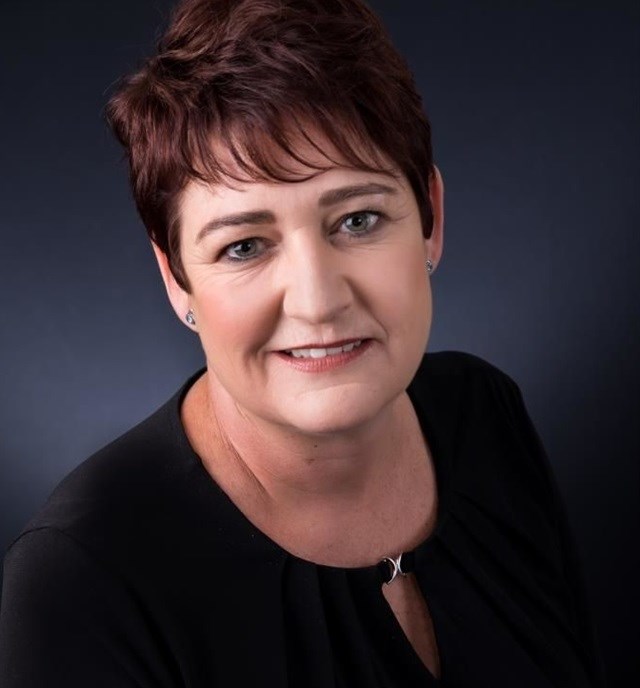#AfricaMonth: Beware - Africa's brand growth comes with counterfeiting challenges

With the growing investment, Africa is being increasingly targeted as a market for counterfeit goods and merchandise as a result of the escalating urban populations’ growing demand for many goods not widely available, as well as the lack of means to buy them.
Whilst the demand is growing for branded goods, and the instances of infringing and counterfeit goods are on the increase, the various Intellectual Property Rights protection measures available to brand holders differ from country to country and remain largely inadequate in most African countries and vary from region to region.
As a result, a “one size fits all” anti-counterfeiting strategy cannot be easily applied or adopted in covering the key regions and territories in Africa.
Furthermore, the market structure in Africa differs substantially from first world markets, such as Europe and America, and, as such, the best practices developed and applied in these territories cannot necessarily be adopted and applied in Africa with the same results and consequences.
Effective strategy
A key understanding of Africa and its nuances is important in establishing an effective anti-counterfeiting strategy. Although modern trade is growing, this is still small and under developed outside of South Africa. The most common and popular trading channels in Africa are the simple table top or small “spaza” shops, which are individually owned and managed by local entrepreneurs, set up on the side of the road or in local markets in order to capture the passing trade.
These businesses are supported and supplied by an equally efficient network and well-developed informal distribution structure. Furthermore, informal cross-border trade is important to Africa with many Africans involved in informal cross-border trade, which contributes a large portion of the economic growth, job creation and job security.
Informal trade routes
As a result, counterfeit goods are increasingly being sold, transported and distributed across African borders using these well-developed and largely uncontrolled informal trade routes.
An effective African anti-counterfeiting strategy should therefore not only be focused on the countries of relevance to the brand holders, but also the neighbouring territories, taking into account the retail structure, main trade channels and distribution routes in Africa.
As an initial step, brand holders should ensure that their primary trade marks are registered - not only in the main countries in which their goods or services are provided -but also in neighbouring territories.
Without the existence of a registered trade mark, it is almost impossible to act against counterfeiters in Africa, especially in those territories where common law rights or protection of well-known trade marks is not recognised.
Copycat infringement is on the increase, where infringers will adopt a label that is a colourable imitation of the original label. As such, consideration should be given to the registration of the labels for the primary products to provide statutory protection against the use of a similar label or get-up.
Although Customs remains an important and critical element to an effective anti-counterfeiting strategy, the relevance and success of actions by customs differs from region to region in Africa. Unfortunately not all territories have established Customs practices focused on the registration of brands and detention of suspect counterfeit goods and it is only possible to record brands with Customs in a handful of countries.
A strategy focused primarily on customs recordals and actions alone is not sufficient or recommended in Africa, particularly due to the inconsistencies in inspections and measures to stop counterfeits at the ports, airports and borders differ from region to region. In each region it is necessary to assess and work with local police services and regulatory bodies that have the capacity and infrastructure to tackle counterfeit goods in the region.
Distribution channels
Steps should also be taken by brand holders to formalise and strengthen their own distribution channels in the region and across borders. Based on the demand for products, the informal distribution channels and methods are strong and well-entrenched in Africa, facilitating the trade in counterfeit and parallel goods.
Brand holders should first-hand build up understanding and knowledge of these distribution and retail channels in order to infiltrate and effectively act against key counterfeit role players. Such investigations and actions, however, take time, money and patience. A long-term approach, with consistent supported actions against retailers and suppliers alike, should be implemented, with a view to obtaining or extracting information on the source and supply of these goods.
In each territory, brand holders should adopt a zero-tolerance approach to anti-counterfeiting and take action to the full extent of the law in the respective regions. In such cases, where appropriate and feasible, brand holders should institute criminal or civil proceedings against known and identified offenders, especially in the case of repeat offenders or where other extenuating circumstances justify the spend and time taken in bringing these matters to finality.
The continued prosecution of offenders will not only build up a valuable precedent of case law, but will also send a clear message to the market of the severity and consequences of dealing in counterfeit goods.





















